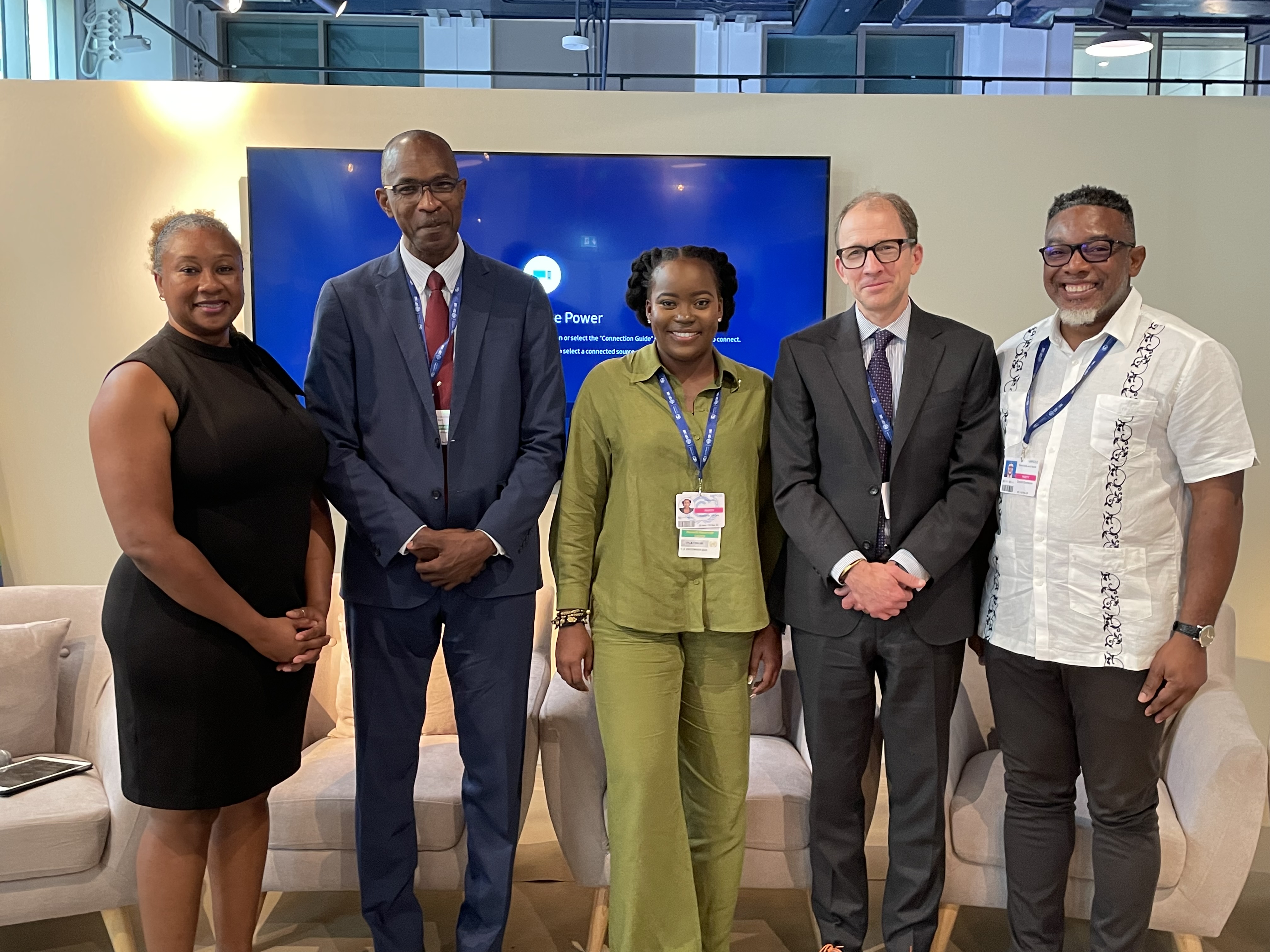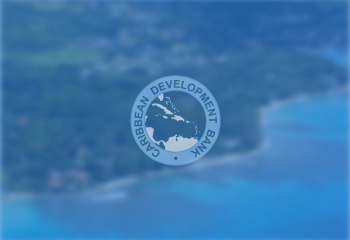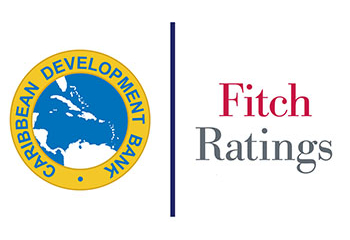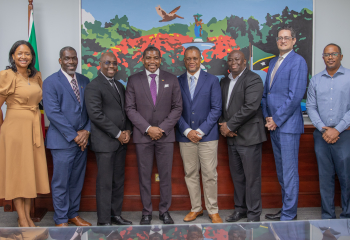Investment, Technical Assistance, Framework Needed to Accelerate Caribbean Renewable Energy Transition

Significant investment, technical assistance to build capacity, and an overarching framework to guide the process are still needed for the Caribbean Region to make a successful transition to sustainable energy.
Despite ambitious commitments to scale renewable energy, progress in deploying technologies and enhancing the resilience of energy systems has been limited. The barriers and opportunities the region faces were highlighted at the “Accelerating the Caribbean Energy Transition” panel discussion organised by the Caribbean Development Bank (CDB) at the 28th Annual United Nations Climate Change Conference (COP28) currently underway in Dubai, United Arab Emirates.
Opportunities abound concerning the availability of renewable energy resources to supply domestic demand and economic transformation through harnessing options. However, to varying degrees, countries are grappling with higher costs and limited financial options, transmission and distribution infrastructure that is inadequate, and aged, limited specific expertise, climate vulnerability, weak government fiscal positions that constrain public sector projects, small markets with higher transaction costs, weak environments for investments, limited equity financing instruments, and stark gender imbalance in the energy sector.
Recognising the need for an enabler, CDB designed the Accelerating Sustainable Energy and Resilience Transition (ASERT) 2030 Framework to help address these barriers and exploit opportunities in the shortest possible time.
Mr. Joseph Williams, Coordinator of CDB’s Sustainable Energy Unit, noted that while governments had demonstrated high commitment, progress in renewable energy penetration regionally, was averaging 12%, considering the 2030 target of 55%.
“We recognise that there is quite a big gap and a great need for the current framework to be strengthened and so we have stepped into that space significantly. There are issues around ensuring that projects are delivered safely, and reliably. Our focus is on trying to ensure that the appropriate framework is in place and the right funding is available that will attract and facilitate the investments,” said Mr. Williams.
Minister for Climate Resilience, the Environment & Renewable Energy, Government of Grenada, Honourable Kerryne James, noted that Grenada had recommitted to transitioning its energy sector to 40% renewable energy by 2025, adding that countries need help to build capacity.
“At times, I feel we focus too much on the technical and the financial aspects of projects. What I believe would help us is if there is more support for capacity development, technical training to help us create a strategic road map that is appropriate for each country’s situation - which could be unique,” Minister James said.
Mr. Andrew Hurst, Executive Director, Climate Finance, Global Affairs Canada, noted that CDB and Global Affairs Canada are currently developing an umbrella sustainable energy programme to assist countries in the region. He indicated that under the initiative countries will have access to loan financing and technical assistance for projects that will reduce emissions, increase access to affordable and reliable energy, and reduce reliance on imported fossil fuels. The programme should come on stream in 2024.


